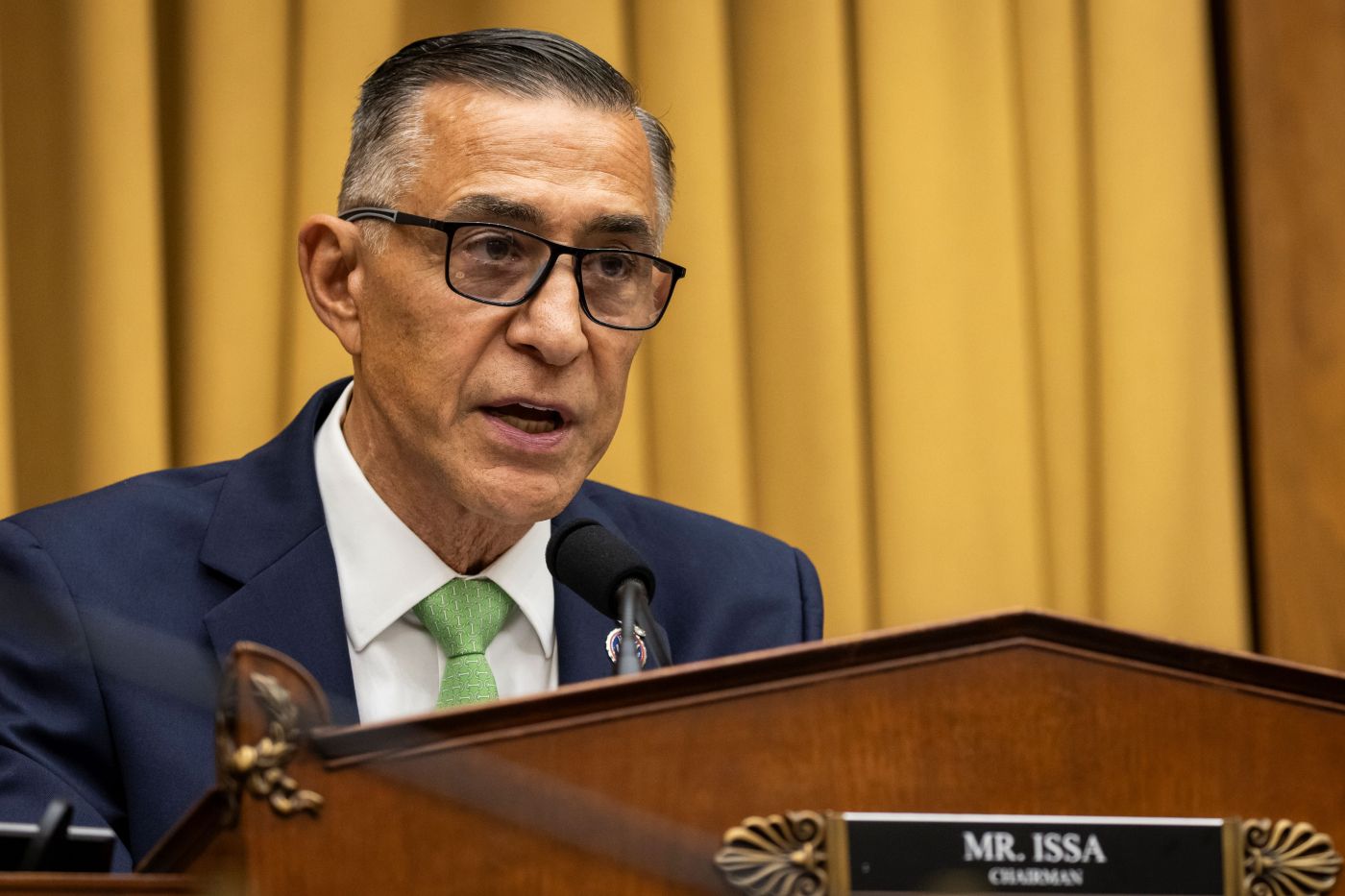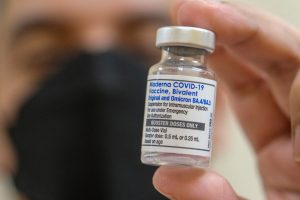
Leahy: National security threatened by lawsuit loopholes
Policymakers and officials in Washington confront a wide array of threats to our national security on a daily basis. From our global adversaries to cyber criminals, the challenges to keep America safe are constant and ever-evolving. At the same time, despite our vigilance, some threats are still flying under the radar.
One danger that policymakers need to address is the growth of the litigation finance industry, which allows hostile actors to manipulate our courts to circumvent sanctions, target strategically important industries, and even steal intellectual property.
As it stands, third-party funders – including sovereign wealth funds, hedge funds, and shell companies – invest in lawsuits in American courtrooms without any universal disclosure requirements. This opacity has enabled the industry to grow rapidly, valued at an estimated $15.2 billion in commercial litigation investments in the U.S. last year.
Specifically, third-party funders frequently get involved in intellectual property lawsuits, where they support so-called “patent trolls” that bring infringement cases against productive American companies. For investors, these lawsuits represent a ripe opportunity to generate a profit by taking a piece of a hefty damages award or settlement. That’s why they have provided the backing for upwards of 30% of all patent cases in recent years.
As someone who worked on intellectual property issues for nearly a half century in the U.S. Senate, I know just how critical this system is to our national security. When I authored the America Invents Act in 2011, legislation which brought much-needed reform to our patent landscape, I did so with the belief that we could make our patent system work for the innovators and entrepreneurs who power our economy.
And yet, foreign-based entities are now leveraging our IP laws and courts against us. In March, we learned that a group of Russian oligarchs poured millions of dollars into litigation in American courtrooms. The United States had sanctioned these billionaires following Russia’s invasion of Ukraine, but they were able to evade these sanctions nevertheless.
In another case, the Chinese-based investment entity Purplevine IP was revealed to be using the U.S. District Court in Delaware to finance infringement lawsuits against its technology competitors. With the Chinese Communist Party exerting direct influence over its nation’s businesses, there’s no telling the kinds of critical intellectual property secrets which could be exposed to one of our main adversaries.
This is precisely the problem. As it stands, there are no national transparency requirements for these financing arrangements, so we simply do not know where, when, and how often foreign actors may be meddling in our legal system.
Thankfully, Congress is actively considering legislation that would bring third-party funding arrangements out of the shadows. Last month, House IP Subcommittee Chairman Darrell Issa (R-CA) introduced a discussion draft of the Litigation Transparency Act of 2024, which would give all parties in federal civil litigation ten days to produce any arrangements between them and third-party commercial enterprises which back them.
This is a basic remedy to ensure once again American courts continue to serve American interests. Chairman Issa said it well: “Awareness by all parties will help ensure fair and equal treatment by the justice system and deter bad actors from exploiting our courts.”
Congress should continue to explore options to address the dangers presented by this problem. Americans of all political persuasions want our courtrooms to reflect our own national values and interests. At the very least, we deserve to know when foreign countries use our institutions for their own gain.
Patrick Leahy was U.S. Senator from Vermont from 1975 to 2023, former Chair of the Senate Judiciary Committee, and Chair of the Judiciary Subcommittee on Intellectual Property in the 117th Congress.
The U.S. Patent and Trademark Office in Alexandria, Va. (AP Photo/File)


